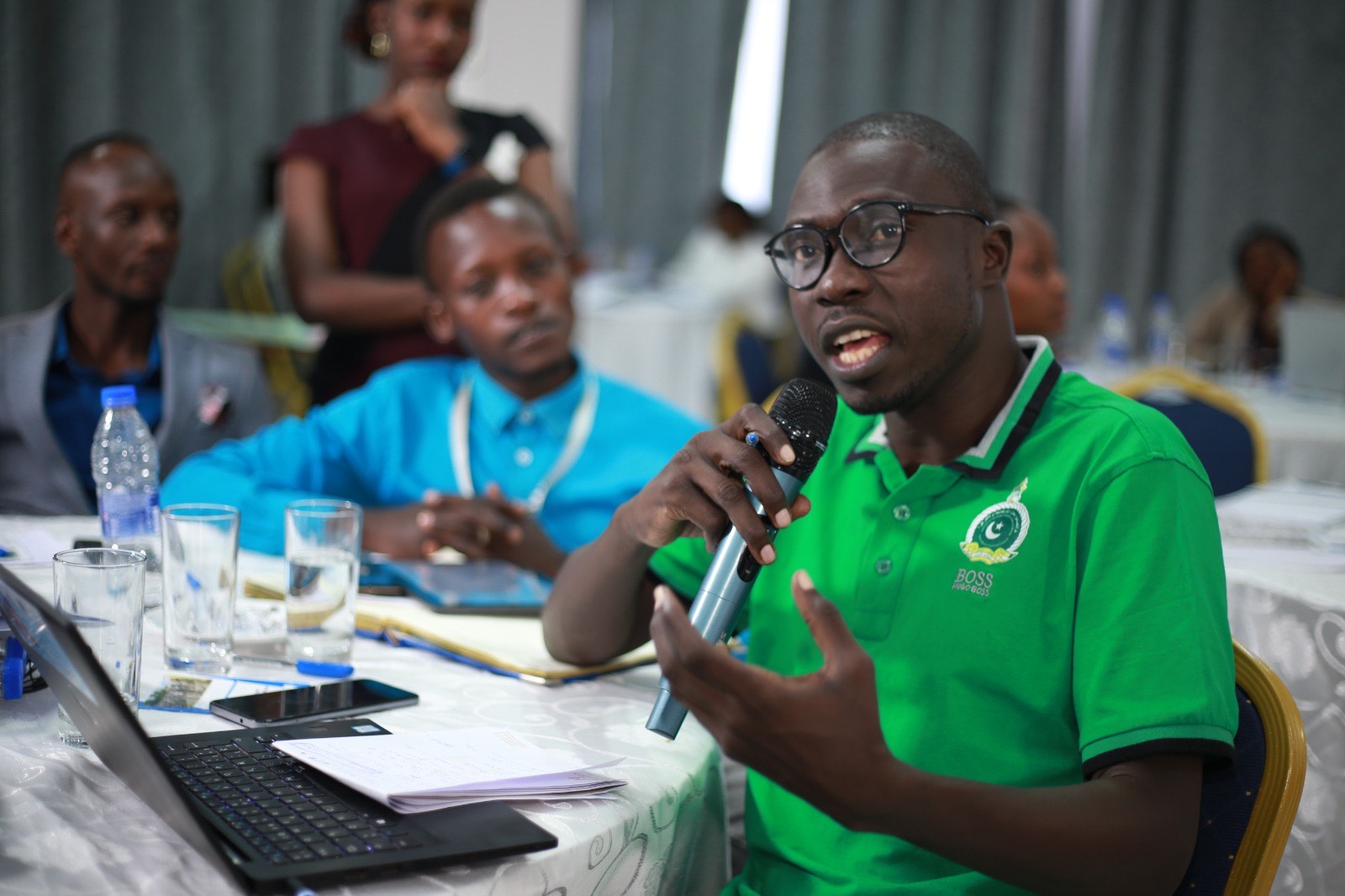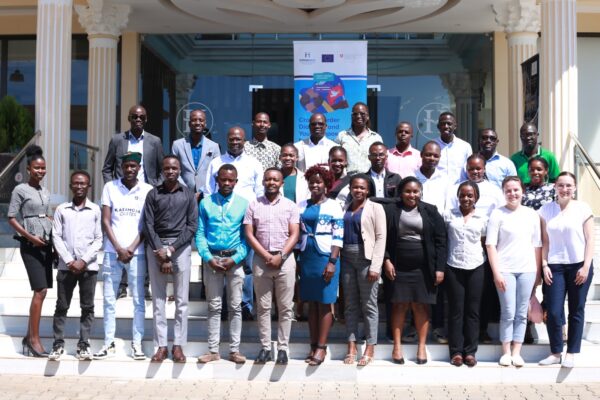Training Youth Peace Fellows in Uganda

Uganda is home to one of the world’s youngest populations, with over 78% below the age of 30. Despite this, unaddressed legacies of conflict, along with perceptions of youth as ‘young’ and predisposed to being violent, have impacted (and continue to impact) youth directly and indirectly. Key issues youth face include exclusion from processes that directly impact their lives, justified by culture and their young age, which is often associated with a lack of experience and unfitness to lead, and the limited knowledge youth possess of key policies and frameworks that acknowledge, provide for, and protect their right to participation in leadership, peace, and development processes. As a result, youth are seldom considered partners in various processes despite the presence of policies and laws providing for their engagement, denying them voice, agency, and leadership. This has greatly contributed to the existence of numerous youths with limited skills and knowledge to engage in leadership, peace, and development processes.
Interpeace’s Cross-border Dialogue and Youth Empowerment for Peace in the Great Lakes Region programme aims to promote youth leadership in peacebuilding processes at the regional, national, and local levels in the Democratic Republic of Congo (North Kivu and South Kivu), Rwanda, Burundi, and Uganda by strengthening their capacity through training. The programme is supported by the European Union and the Swiss Development Cooperation and implemented by Interpeace and its local partners, including the Pole Institute, Never Again Rwanda (NAR), the Center of Alert and Prevention Conflicts (CENAP), Action for Peace and Concord (APC), the Refugee Law Project (RLP), and Vision Jeunesse Nouvelle (VJN).

As part of the programme, the Refugee Law Project hosted a week-long training in Entebbe, Uganda, in May 2023. The training was attended by 18 Peace Fellows and five selected youth. The session aimed to improve the participants’ soft skills, such as communication and critical thinking, and technical skills, such as project design and advocacy. Peer-to-peer learning was encouraged to foster interaction and networking. Trainers included Refugee Law Project members, Interpeace-trained Trainer of Trainers (ToT), mentors in Uganda, practitioners from partner institutions, and some of the Peace Fellows themselves who co-facilitated the sessions. The in-person training provided a secure platform for civic discourse, networking, and knowledge exchange. It empowered youth to design and implement their peacebuilding initiatives, deepen their understanding of peace concepts, and enhance communication skills. One Young Peace Fellow had this to say (while appreciating the module on Effective Communication), "…for me, the 7 Cs of communication have been an eye opener; this was very important for me as I realised this is a skill I need for my everyday communication, and I am learning about all this outside school while at the university."
Nelson Mandela was right in recognising education as the most powerful weapon one can use to change the world. Empowering youth as contributors to peace facilitates meaningful partnerships and decision-making in their communities. Mentorship complements formal training by encouraging self-discovery and growth. With collective efforts, including mentorship, we empower youth, for whom half the victory is being prepared.
